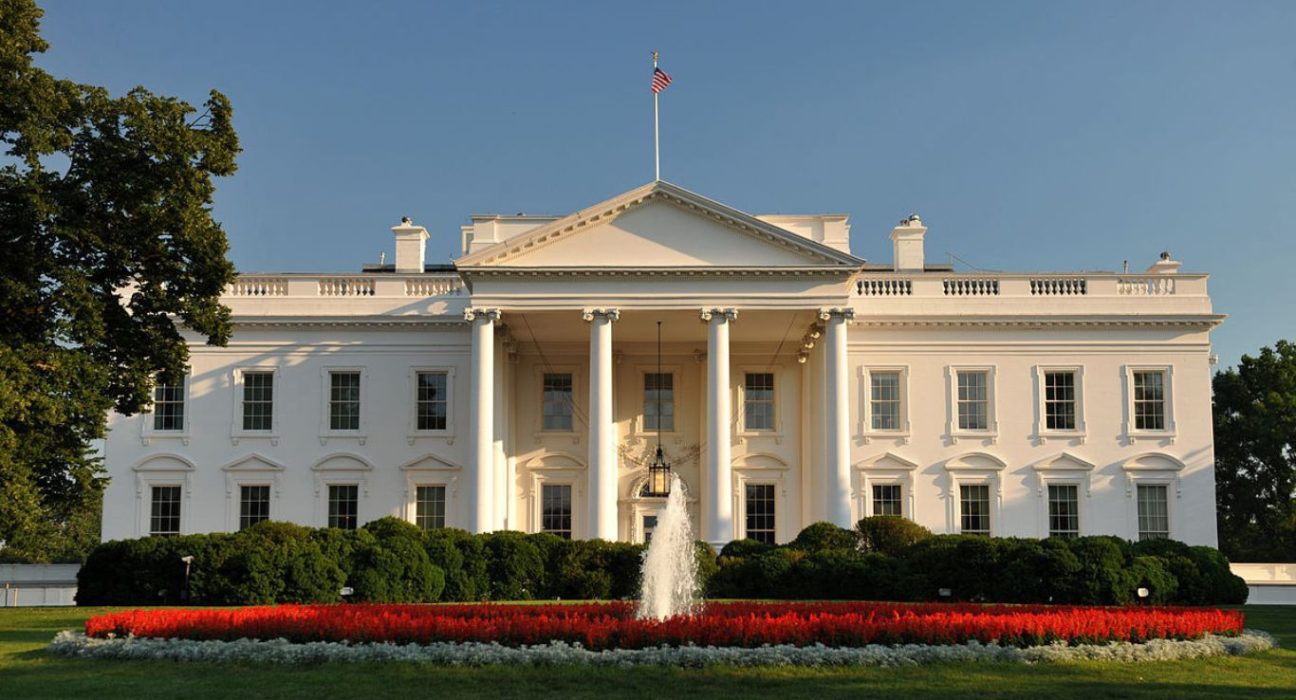Introduction: Impasse Over Debt Ceiling Threatens Default
White House and congressional Republican negotiators are scheduled to convene once more on Tuesday in a bid to resolve the prolonged standoff surrounding the critical issue of raising the government’s debt ceiling. With the nation teetering on the precipice of default in a mere nine days, the impasse has heightened concerns about the economic stability of the United States. The ongoing disagreement between President Joe Biden’s Democrats and the Republican-controlled House of Representatives, spearheaded by Speaker Kevin McCarthy, centers on divergent strategies for curbing the federal deficit. Democrats advocate for increased taxation on wealthy individuals and businesses, while Republicans emphasize the need for spending cuts.
The Debt Ceiling Conundrum: Divided Perspectives
At the heart of the debate lies the question of how to rein in the mounting federal deficit, which currently stands at a staggering $31.4 trillion. Democrats argue that a fair and equitable approach involves imposing higher taxes on affluent Americans and corporations. By redistributing the burden, proponents of this viewpoint assert that the economic inequality gap can be narrowed, while simultaneously addressing the financial shortfall. Conversely, Republicans advocate for a reduction in government spending, aiming to trim the deficit by cutting expenses across various sectors.
Negotiations in the White House: Striving for a Resolution
The scheduled meeting between White House representatives and congressional Republicans signifies a renewed commitment to finding a viable solution to the debt ceiling crisis. As the clock ticks, the pressure to avert a potentially catastrophic default intensifies. Both sides recognize the urgent need for compromise and have shown a willingness to engage in dialogue, albeit amidst deeply entrenched ideological differences. The upcoming discussion aims to bridge the gap and identify common ground, fostering an environment conducive to forging a mutually beneficial agreement.
Democratic Proposal: Taxing the Wealthy and Corporations
Democrats maintain that the key to addressing the deficit lies in implementing tax reforms that target affluent individuals and profitable corporations. By raising taxes on high-income earners, Democrats argue that a more equitable distribution of the tax burden can be achieved. Additionally, closing loopholes and adopting measures to ensure that corporations pay their fair share would contribute to bolstering government revenue. Proponents of this approach contend that such measures are necessary to fund vital social programs and promote economic stability.
Republican Stance: Prioritizing Spending Cuts
On the other side of the aisle, Republicans firmly believe that reducing government spending is the most effective strategy for tackling the federal deficit. They argue that a leaner and more efficient government is paramount to long-term fiscal health. Advocates for spending cuts assert that minimizing expenditures in areas such as entitlement programs, defense, and discretionary spending will enable the nation to regain financial stability. Republicans contend that by curtailing government outlays, the burden on future generations can be alleviated, while ensuring economic growth through reduced reliance on borrowing.
Implications of Inaction: Default and Economic Fallout
The impasse over the debt ceiling carries severe consequences for the nation’s economy and financial well-being. Failing to reach an agreement within the limited timeframe risks pushing the United States into default, resulting in a loss of confidence from creditors and investors worldwide. The implications of default include a potential downgrade of the country’s credit rating, increased borrowing costs, reduced government spending capabilities, and a negative impact on the global financial markets. A swift resolution is crucial to avoiding these dire ramifications and preserving the stability of the U.S. economy.
A Path Forward: Finding Common Ground
Despite the significant divergences between Democrats and Republicans, the upcoming negotiations offer an opportunity to bridge the divide and secure a solution that averts the impending crisis. It is imperative for both sides to approach the talks with an open mind and a willingness to compromise. Seeking a middle ground that combines elements of tax reforms and spending cuts may hold the key to unlocking a mutually agreeable path forward. With the economic well-being of the nation hanging in the balance, the need for bipartisan cooperation and a timely resolution cannot be overstated.
Conclusion: Navigating the Debt Ceiling Challenge
As the clock ticks closer to the critical deadline, the fate of the government’s debt ceiling hangs in the balance. The White House and congressional Republicans face the daunting task of reconciling their contrasting approaches to address the federal deficit. With Democrats advocating for tax reforms and Republicans emphasizing spending cuts, finding common ground is essential to prevent a default that could have far-reaching consequences. Swift and decisive action is necessary to ensure economic stability and maintain the United States’ standing as a global financial powerhouse. The outcome of the negotiations will shape the nation’s fiscal trajectory and have implications that extend beyond its borders.










